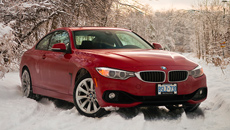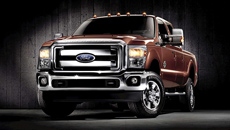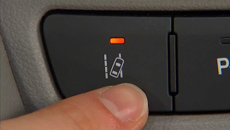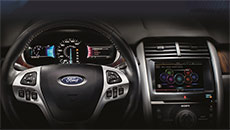2014 Mazda 3 Sport GS:Re-engineered Style & Performance
MORE Auto ARTICLES
2014 Mercedes E550: Luxuriously Classy Sedan

The E-class is the mid-sized sedan car in the Benz line up, with the slightly smaller C-class below and the bigger S-class topping off the line.
2014 BMW 428i X Drive

The new 4 series picks up the technology ball and continues to run with it, offering the ability to surf the Net while you’re on road, a larger round iDrive control knob with a built-in touchpad on top and a seamless Head-Up Display that actually looks good.
2014 FORD F-350 King Ranch: Super Duty 4X4 Crew Cab

Today’s top-of-the-line trucks are as well trimmed and luxurious as any luxury car on the market. Recently I had the chance to spend some time with Ford’s F-350 Crew Cab with the King Ranch package. In all my years writing about vehicles, this truck has to the best equipped I have ever driven by far.
Auto Tech : New Vehicle Safety Technology

If it’s been awhile since you last sat in a brand new car, truck or SUV, you may be amazed to find yourself surrounded by nearly as many buttons, lights and switches as in an airplane cockpit. Mostly controlling devices to keep you safe, what do all the succession of letters that read BLIS, LDW, FCM and so on actually mean? Luckily, here is our guide to new vehicle safety technology giving you a heads up on what exactly is what.
The Most Advanced In-Vehicle Technologies in Today's Modern Trucks

Manufacturers are realizing that people are increasingly using their vehicles for both work and play, and with recent innovations in materials and technology have made the interiors of trucks really nice places to frequent.
Top Minivan Picks 2014

Today’s minivan has evolved into a very pleasant way to travel with family & friends
